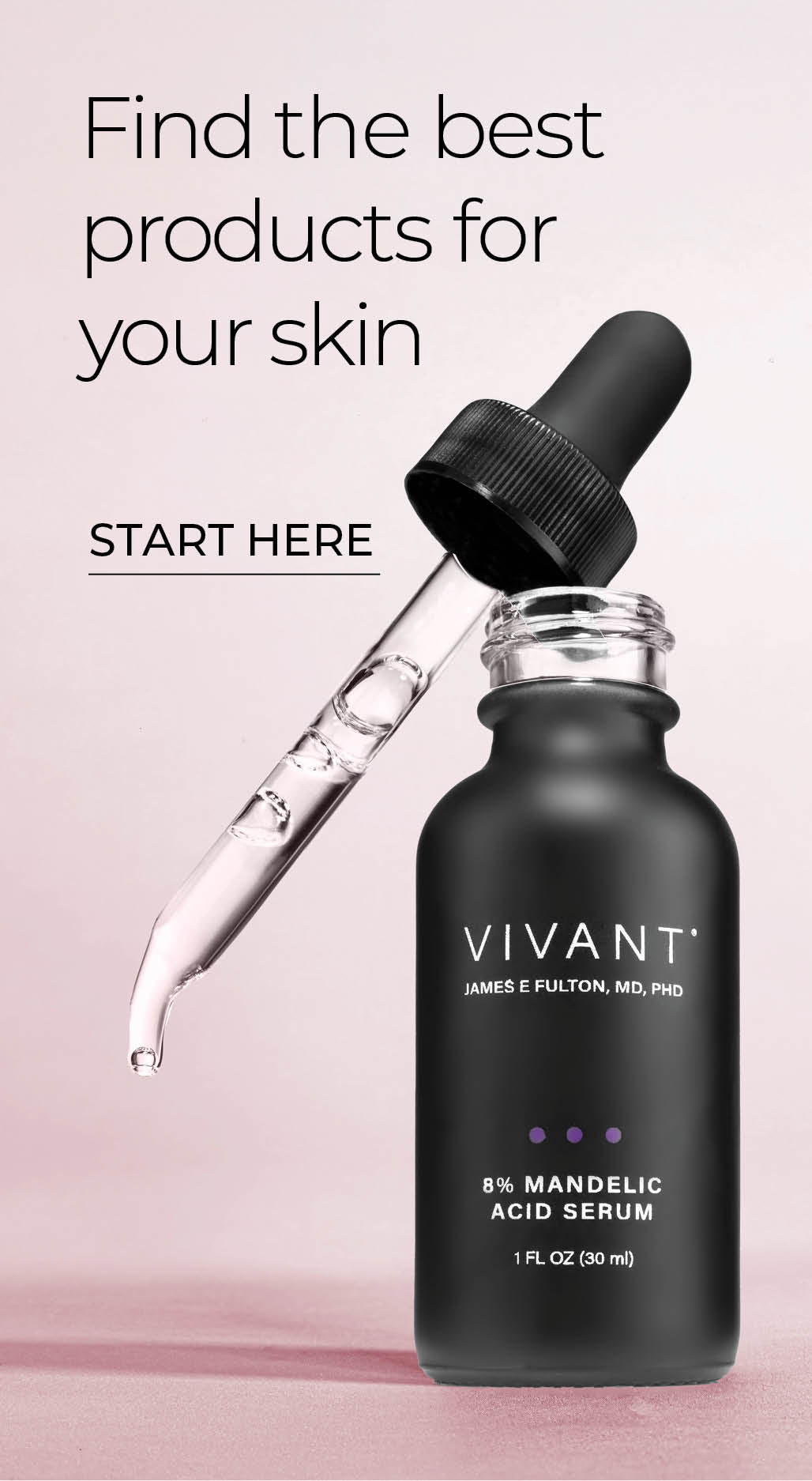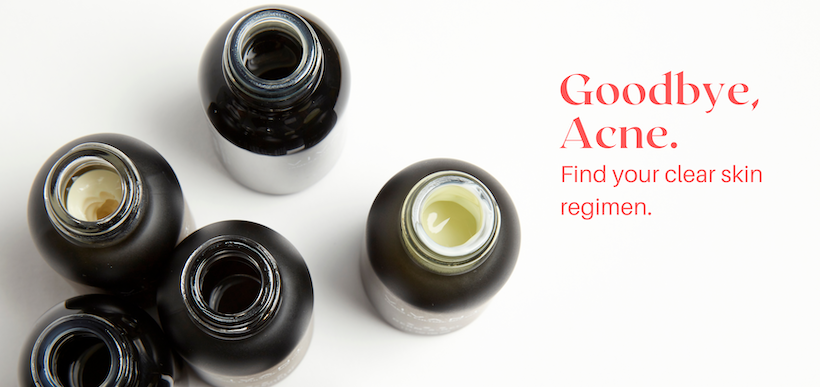Is Happiness the Most Important Skin Care Ingredient?

No matter how many products you use, how consistent you are with your regimen, how diligent you are about your diet, if you’re missing this all-important ingredient, you may be missing the key to looking your most radiant and healthy. The ingredient is happiness.
Sure, you can’t always be a bubbling pot of sweet cider, but putting attention toward your happiness and emotional well-being can have a big impact on your outward appearance.
One simple way to start is with a smile. Smiling rewires your brain toward greater happiness. It stimulates the brain’s reward mechanism in much the same way that getting exercise does. Studies have shown that smiling provides greater reward stimulus than eating 2000 bars of chocolate. Here’s how it works. You watch a hilarious cat video or meet up with a great friend. Your neurons light up and send signals to the muscles in your face that create a smile. In turn, when you smile, your facial muscles send reinforcing messages back to the reward center in your brain stimulating endorphins and serotonin. It’s a feedback loop of joy. And it’s making you instantly and infinitely more beautiful.
Psychologists at Swansea University found people with genuine smiles were more likely to be seen as healthy and glowing. Even those who faked smiles were seen as healthier and more radiant, though slightly less so than those who were genuine. (Score one for the “fake it till you make it” argument.)
Conversely, a study involving the use of Botox determined that the inability to engage facial muscles that stimulate the brain’s emotional circuitry can have the effect of limiting happiness by interrupting the happiness feedback loop. Yet another reason to embrace your smile lines and use less invasive methods to plump and firm.
The benefits go beyond just a lift in mood. Happiness reduces stress, which is responsible for a whole host of skin issues. As the body’s largest organ, skin is highly reactive to stress. Stress stimulates the hormone cortisol known for creating inflammation that leads to skin aging glycation. Prolactin, the hormone best known for its function in lactation and reproduction is also immediately induced by psychological stress. Recent research has revealed that it plays a significant role in the brain-skin connection. Prolactin stimulates keratinocytes proliferation and sebum production, which can exacerbate acne. Stress is also a contributor to psoriasis, impaired skin barrier, and delayed wound healing.
And then there’s this happy bonus, as reported recently in the New York Times: a study, published in JAMA Dermatology, found that middle-aged women looked about three years younger after a few months of doing facial exercises. We’d certainly consider smiling to be a facial exercise as it engages at least 13 facial muscles.
We’ve always said that a smile is your best beauty enhancer. Science proves it to be true. That’s something to smile about.


Comments